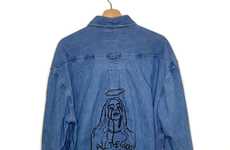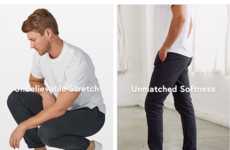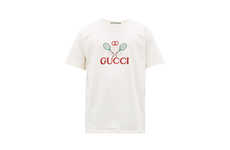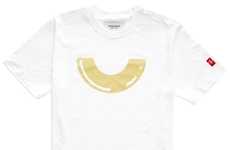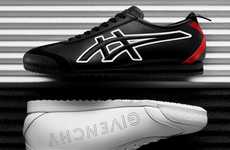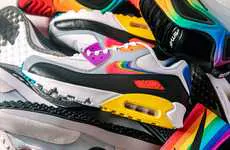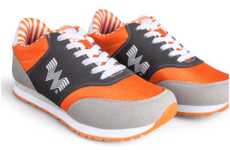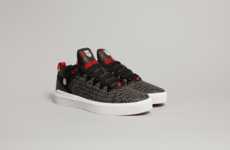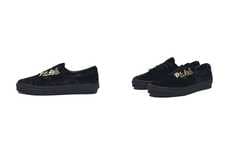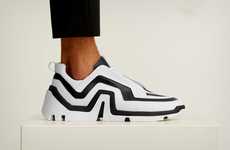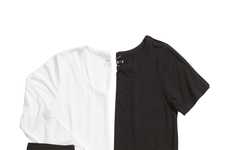

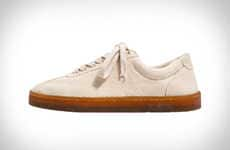

Clothing made from milk aims to mitigate global textile waste
Trend – Emerging fashion brands are aiming to counter some of the damage done by fast fashion with textiles made from biodegradable ingredients, such as milk. These more sustainable clothing options are friendlier to the environment due to their reuse of milk waste and biodegradability.
Insight - With consumers becoming more aware and active in their concerns for the environment, they're slowly changing their purchase decisions in order to lessen their ecological impact–however, this shift comes with difficulties due to the lack of ubiquitous sustainable options in the fashion industry. What consumers require from brands is that their changing habits are being met with quality products that ease the process of transitioning to a lower-impact lifestyle.
Insight - With consumers becoming more aware and active in their concerns for the environment, they're slowly changing their purchase decisions in order to lessen their ecological impact–however, this shift comes with difficulties due to the lack of ubiquitous sustainable options in the fashion industry. What consumers require from brands is that their changing habits are being met with quality products that ease the process of transitioning to a lower-impact lifestyle.
Workshop Question - In what way could your brand help mitigate global environmental issues?
Trend Themes
1. Sustainable Fashion - Emerging fashion brands are creating textiles made from sustainable ingredients like milk and plant-based sources in an effort to reduce textile waste and lessen the environmental impact of fast fashion.
2. Natural Material Clothing - Clothing brands are creating fashion from natural, eco-friendly materials like milk protein, seaweed, eucalyptus, bamboo, and cotton to create clothing that is high-quality, sustainable, and comfortable.
3. Biodegradable, Compostable Footwear - Footwear manufacturers are producing shoes that are 100% animal-free and created using sustainable, biodegradable materials such as kenaf fibers, pineapple husks, and hevea milk to offer consumers eco-friendly fashion options.
Industry Implications
1. Fashion Industry - The fashion industry can take advantage of the consumer shift toward more eco-friendly fashion options by developing sustainable textiles, clothing, and accessories to meet the growing demand.
2. Footwear Industry - The footwear industry can capitalize on eco-friendly footwear made from sustainable materials to offer consumers shoes that are comfortable, stylish, and have a low environmental impact.
3. Sustainable Manufacturing - Manufacturing companies can explore the use of sustainable materials to produce clothing, footwear, and accessories to create a more eco-friendly production process.



